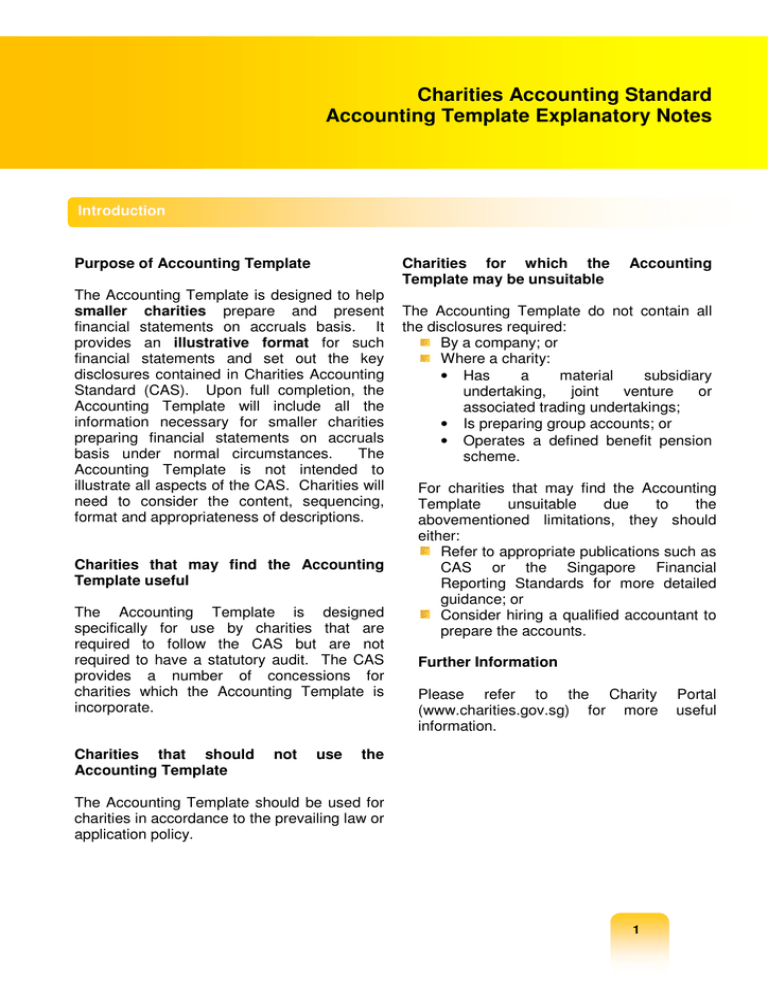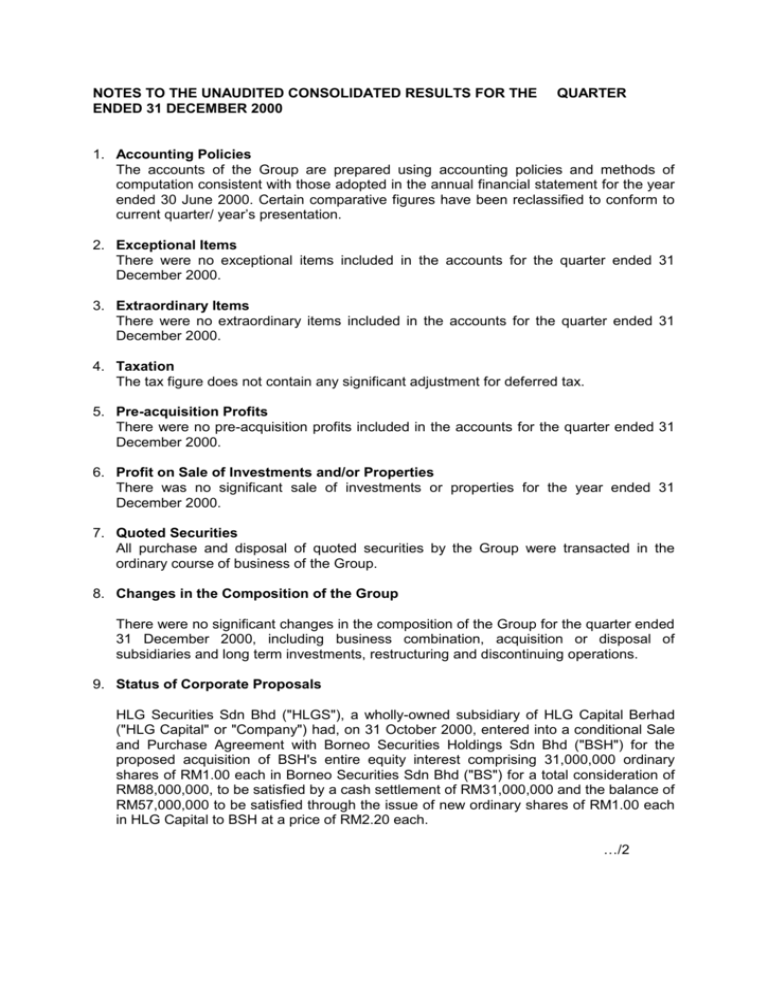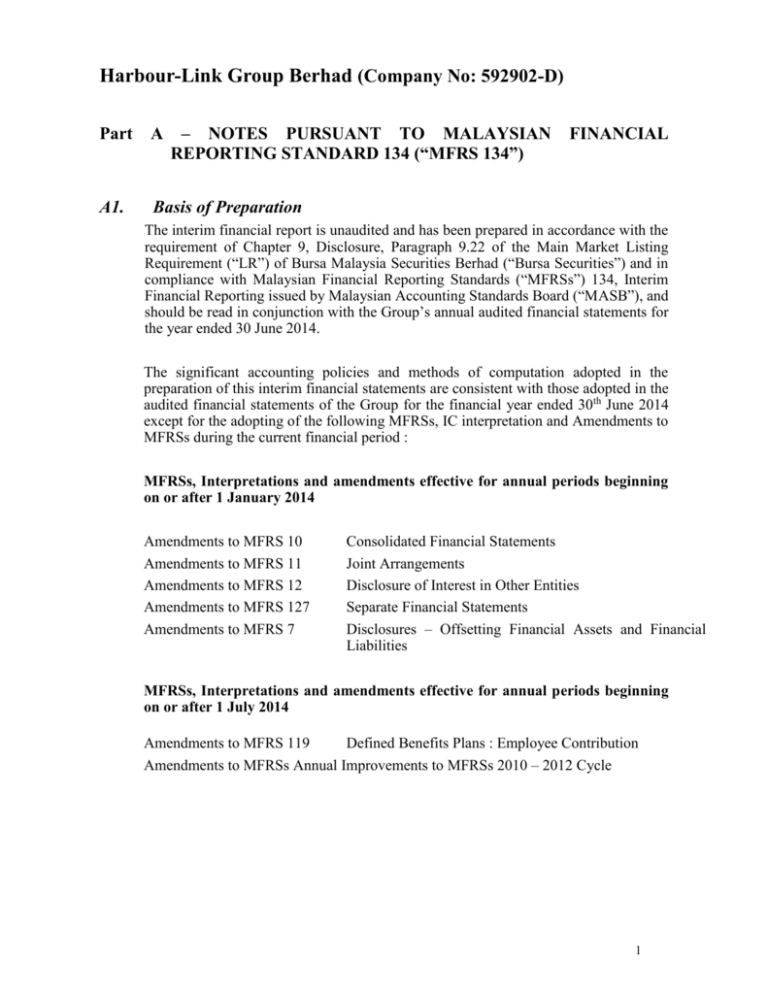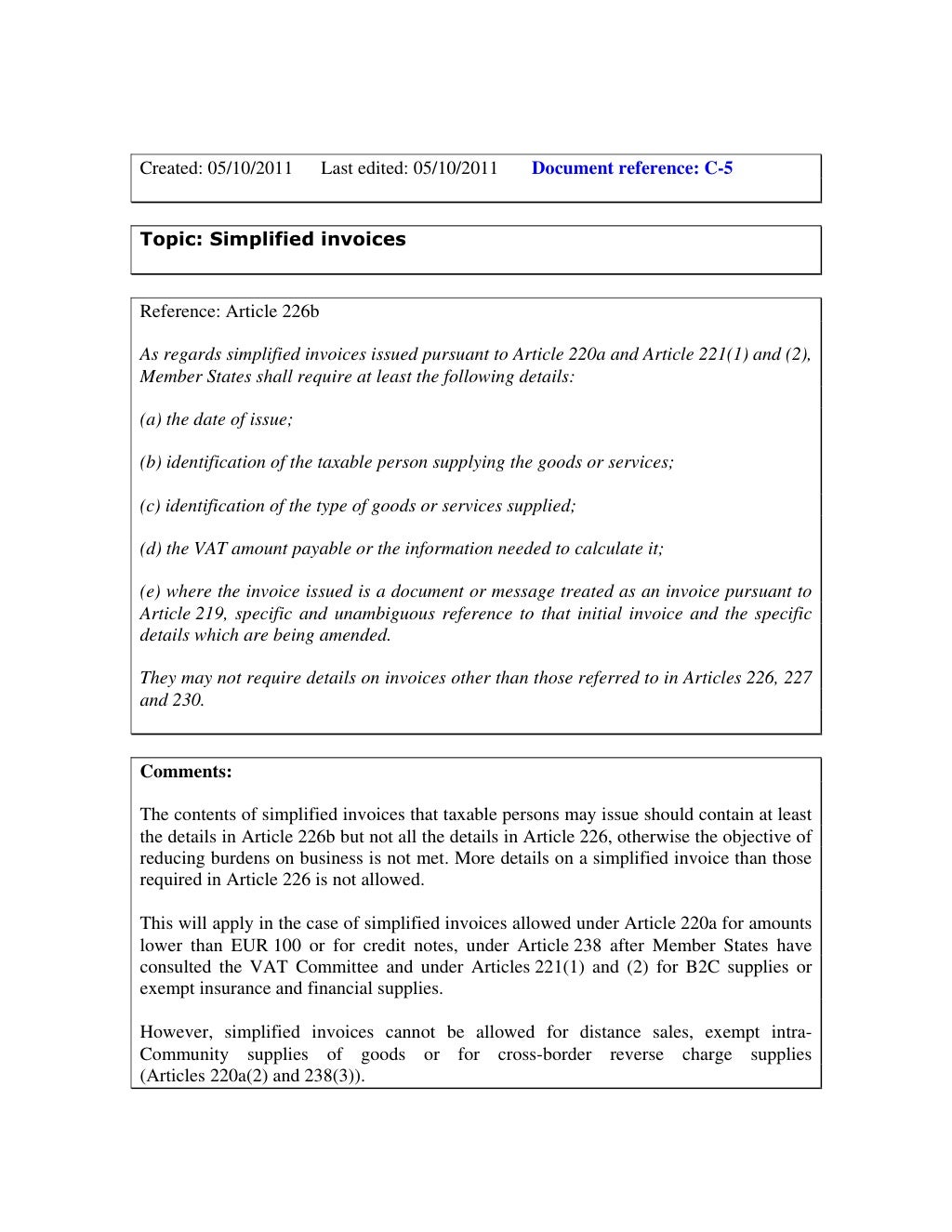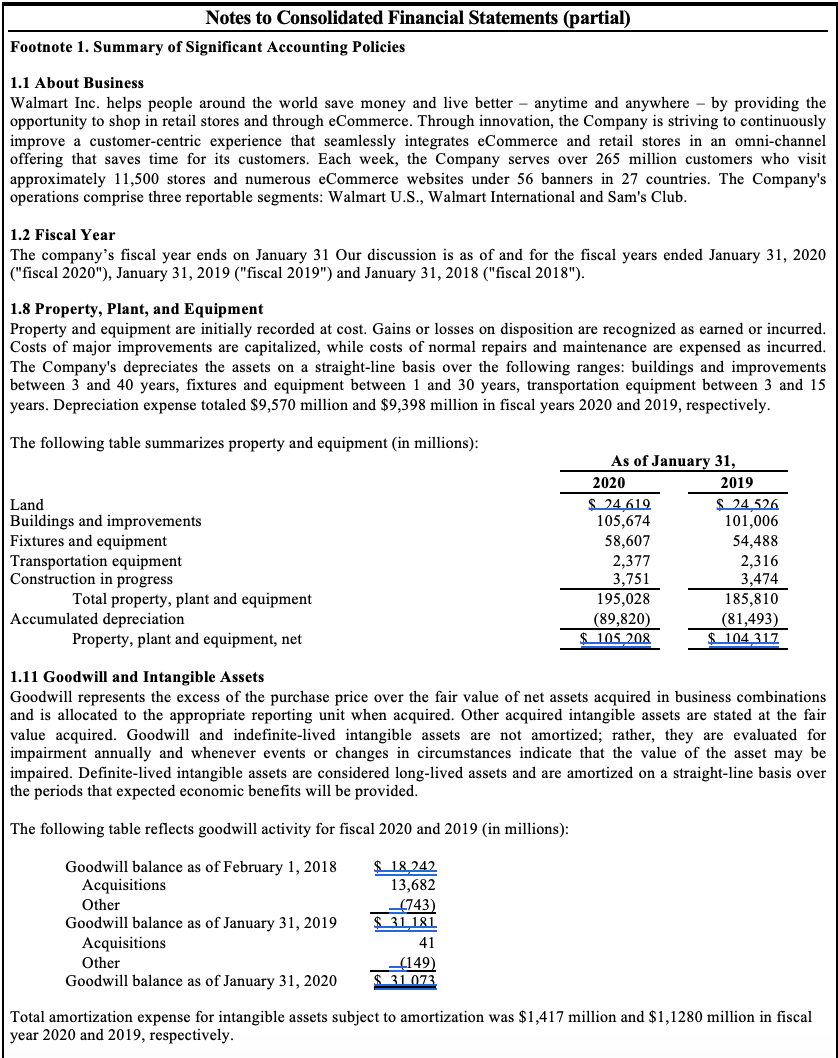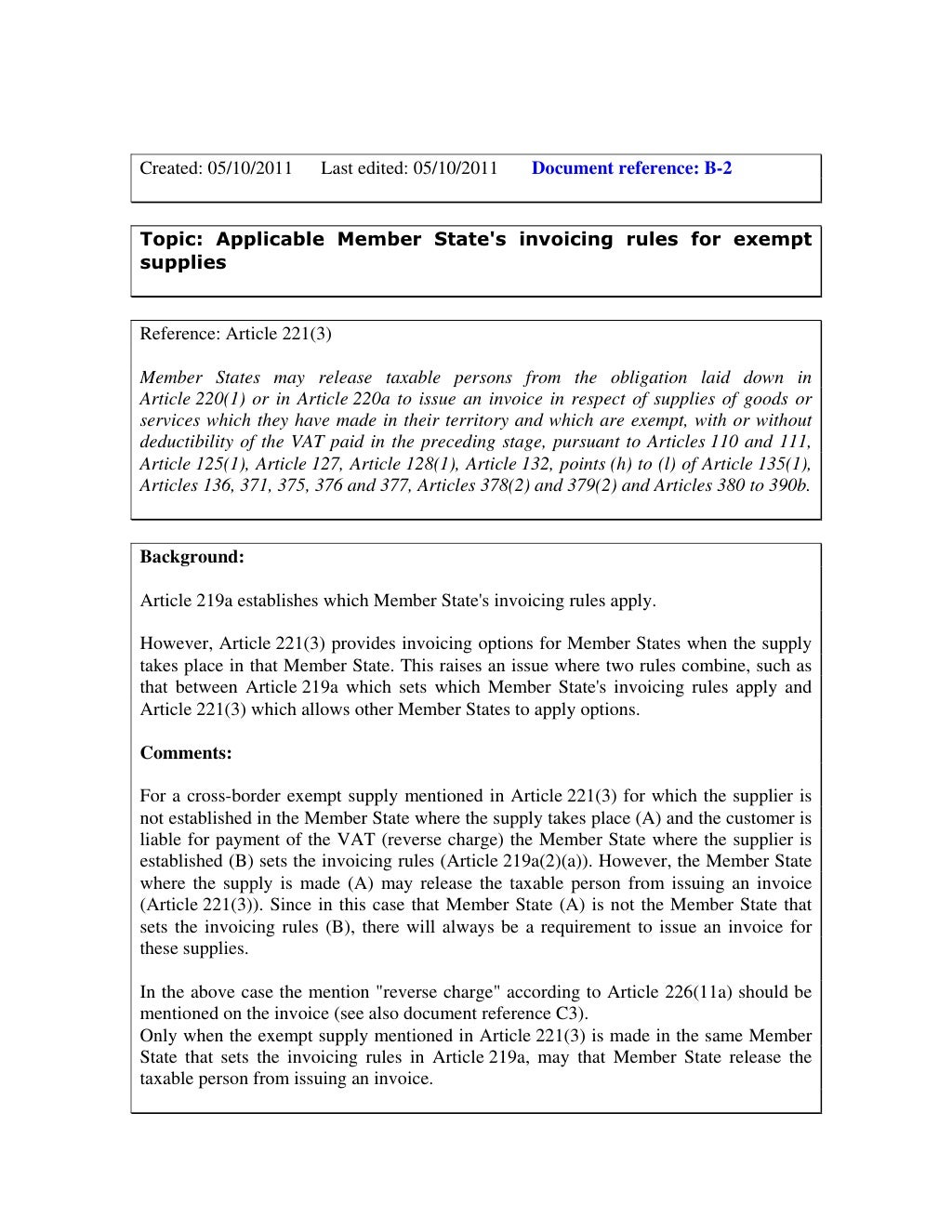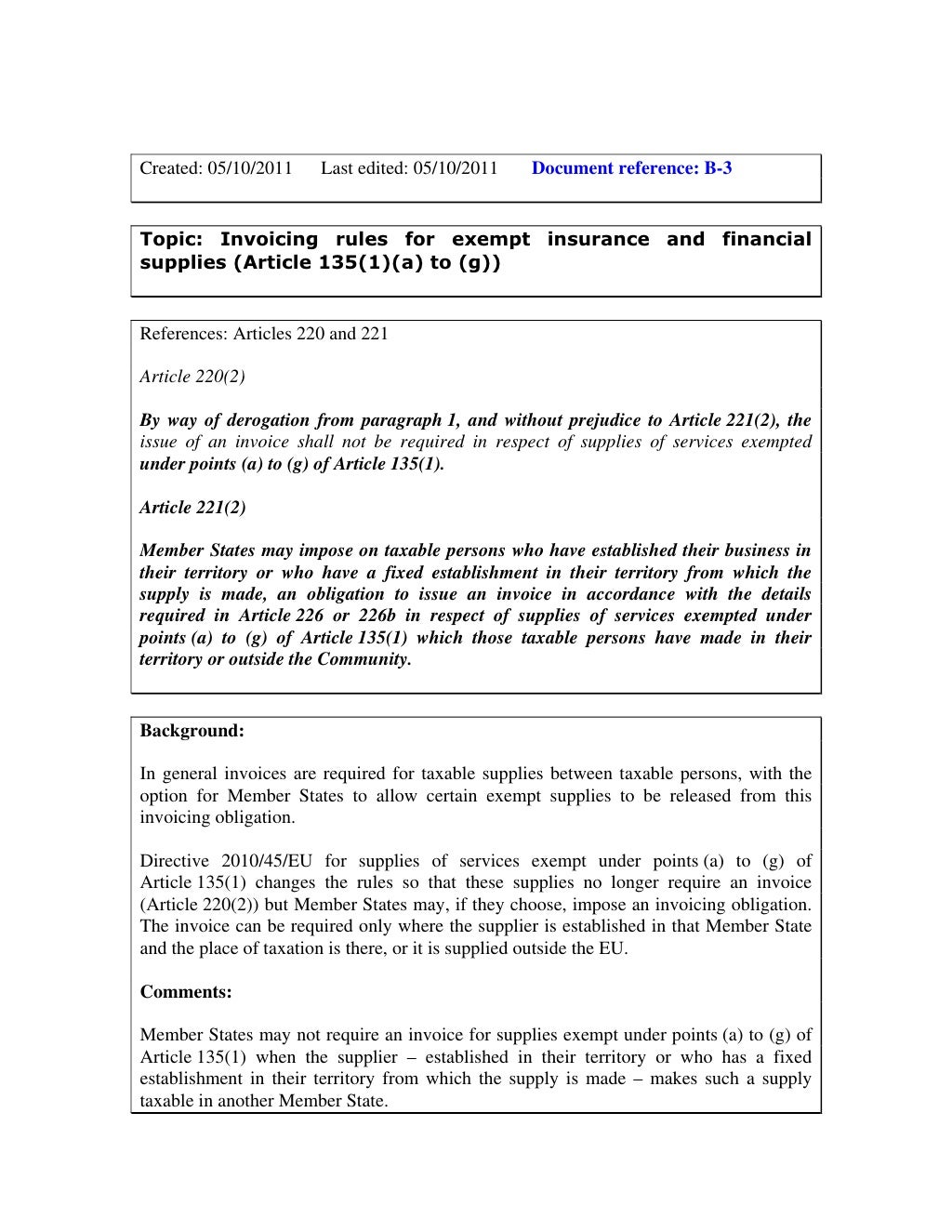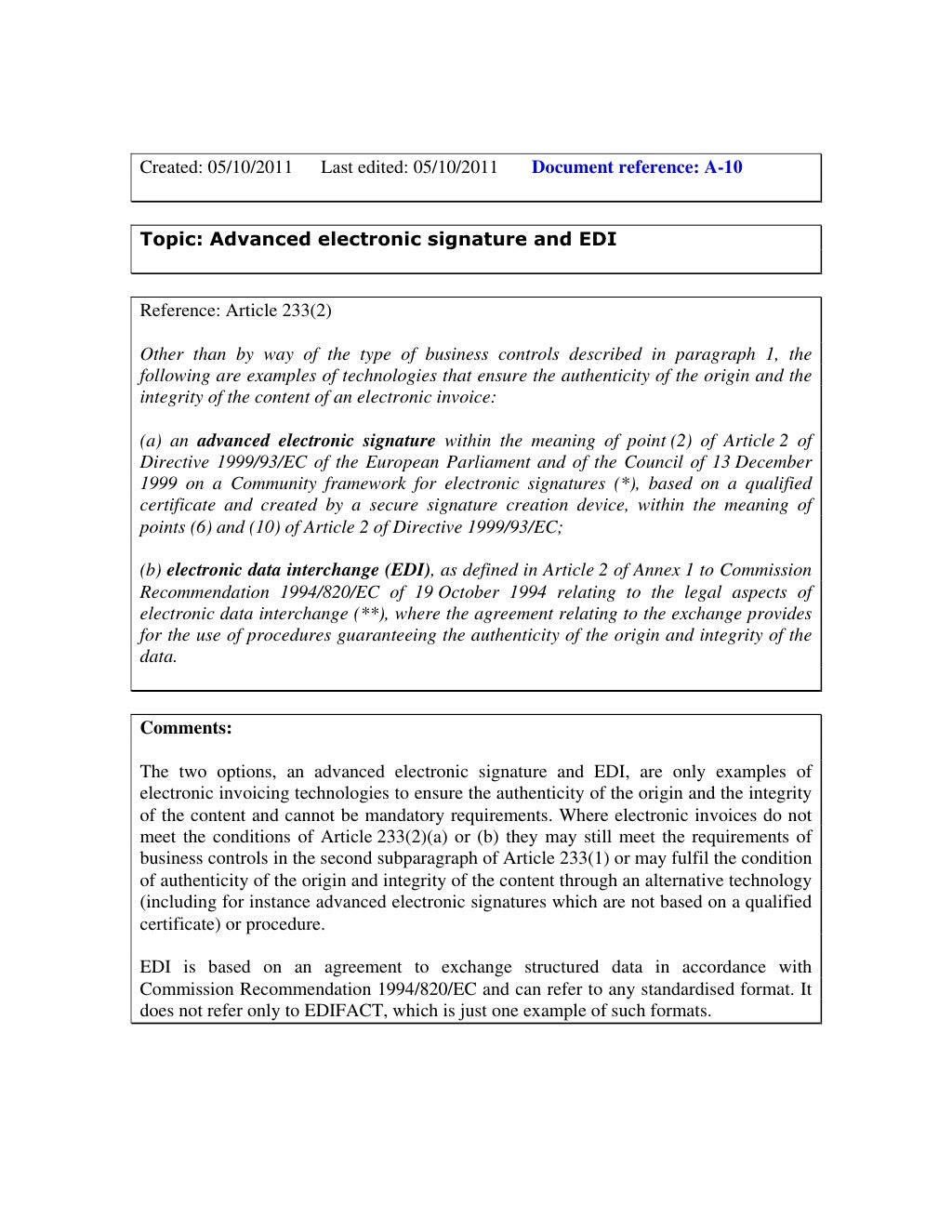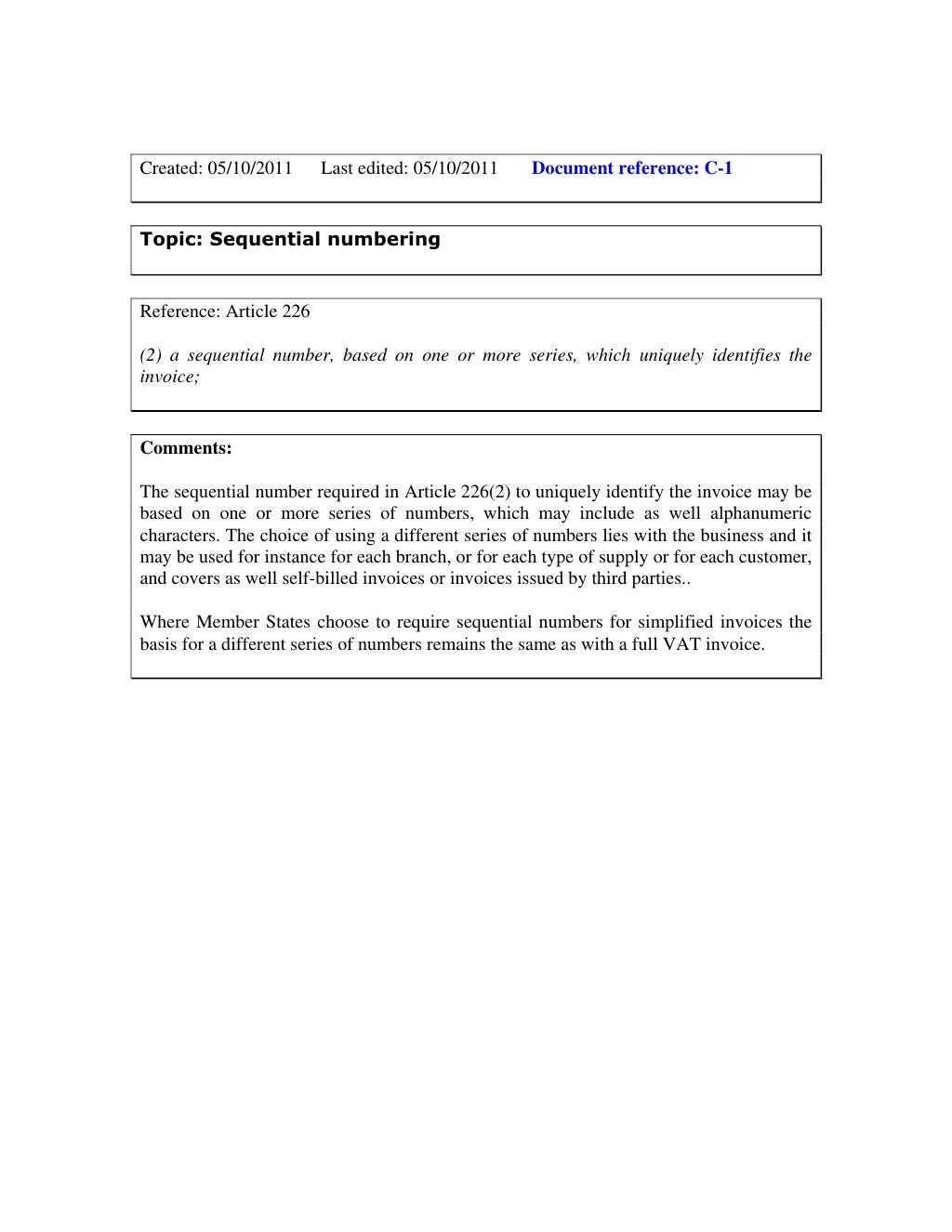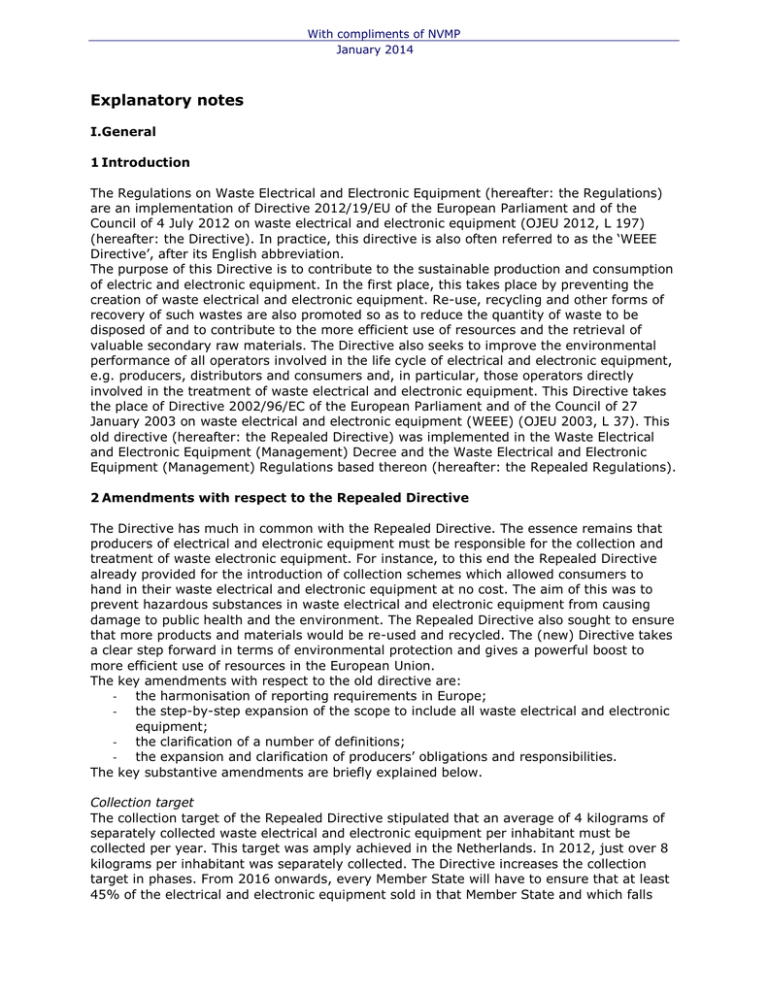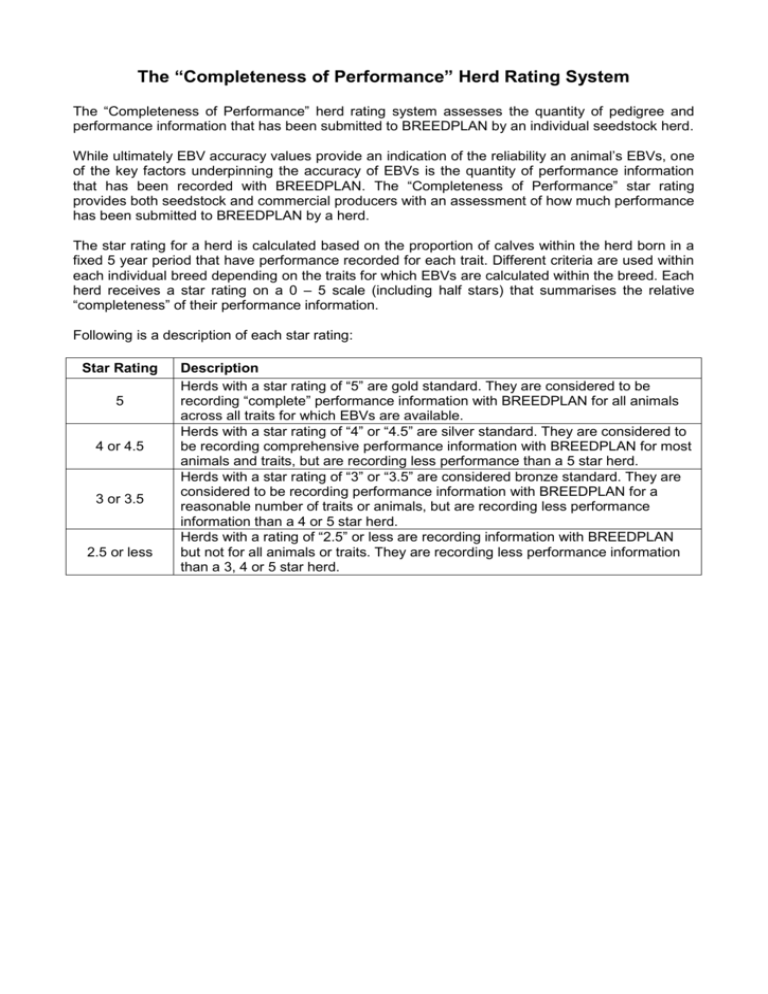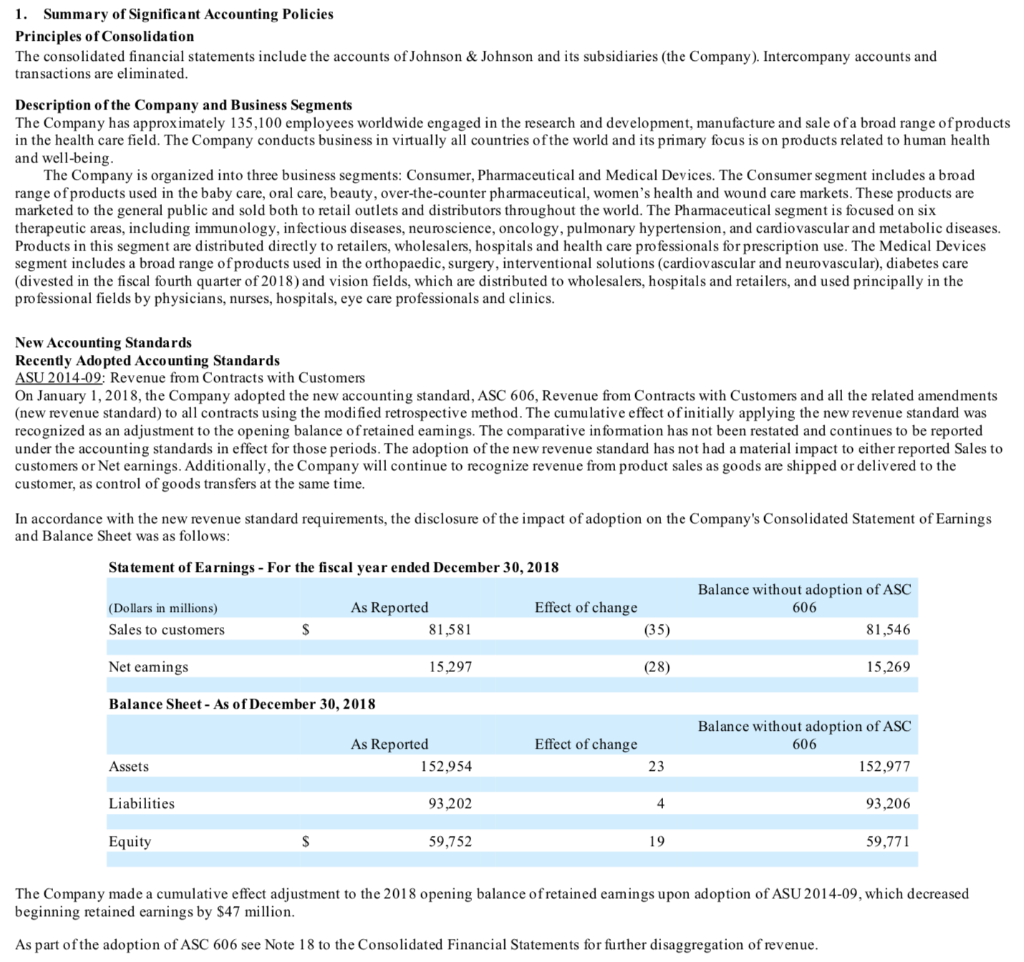Simple Info About Explanatory Notes In Accounting Chapter 14 Financial Statement Analysis
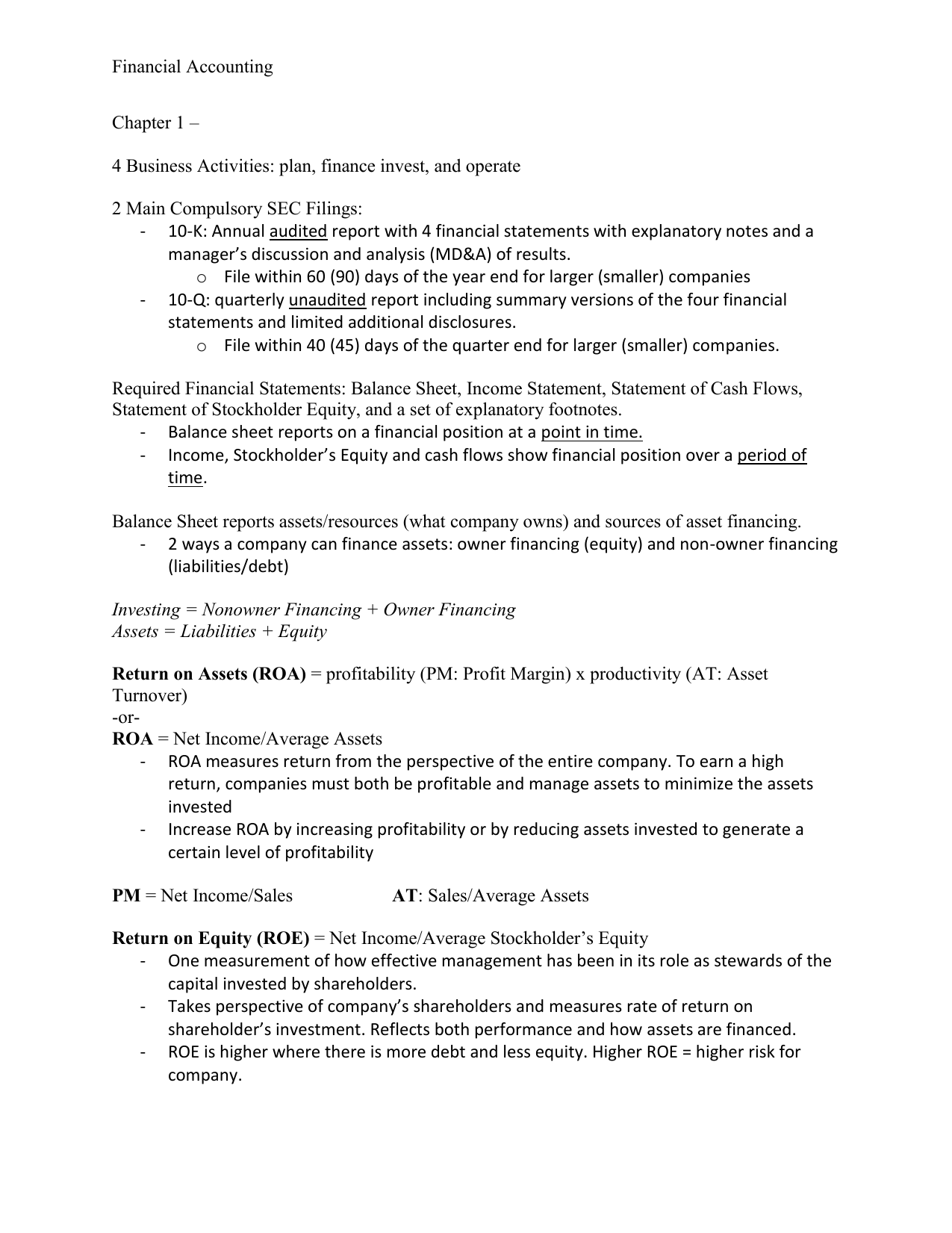
(e) notes, comprising significant accounting policies and other explanatory information;
Explanatory notes in accounting. Income statement, balance sheet, statement of changes of. Selected explanatory notes an enterprise should include the following information, as a minimum, in the notes to its interim financial statements, if material and if not disclosed. Key definitions interim period:
The first note to the financial statements is usually a summary of the company's significant accounting policies for the use of estimates, revenue recognition, inventories, property. This document accompanies the efrag advice to the european commission for the adoption of the. The article is devoted to the issues of changing accounting statements in accordance with the requirements of regulatory legal acts in the field of accounting.
Accounting is termed as the analysis, classification and recording of financial transactions, and the ascertainment of how such transactions affect the performance and financial. The depreciation section will explain the company’s. Notes, comprising a summary of significant accounting policies and other explanatory notes;
Notes to the accounts detail and comment on the information presented in the balance sheet, income statement, and cash flow statement. Explanatory note on accounting for business combination issue date: Explanatory notes form an integral part of the financial statements of an entity.
The budgeted financial statements have been prepared on an accrual accounting basis having regard to the statements of accounting concepts, and in accordance with the. These notes outline the general accounting policies/principles that the company is following. (ea) comparative information in respect of the preceding period as specified in.
The use of explanatory notes to annual accounting by agricultural enterprises an outline is given of the possible layout and content of explanatory notes to financial. Notes to the accounts reflect the. The exact nature of these footnotes varies,.
The most common footnotes found in an entity’s financial statements include accounting policies, intangible assets, financial investments, inventory valuation,. An entity may use titles for. Financial statement footnotes are explanatory and supplemental notes that accompany a firm’s financial statements.
This explanatory note has been issued by the council of the institute of. [ias 34.4] interim financial report: Notes, comprising a summary of significant accounting policies and other explanatory information;
Depending on the company and industry, the financial statements can include some very niche explanatory footnotes. Purpose of this document and general approach. And a statement of financial position as at the beginning of the preceding.
Notes to the financial statements disclose the detailed assumptions made by accountants when preparing a company’s: Financial accountants use the terms footnote, note, and explanatory note pretty much interchangeably as all three terms represent the same explanatory. Comparative information prescribed by the standard.
